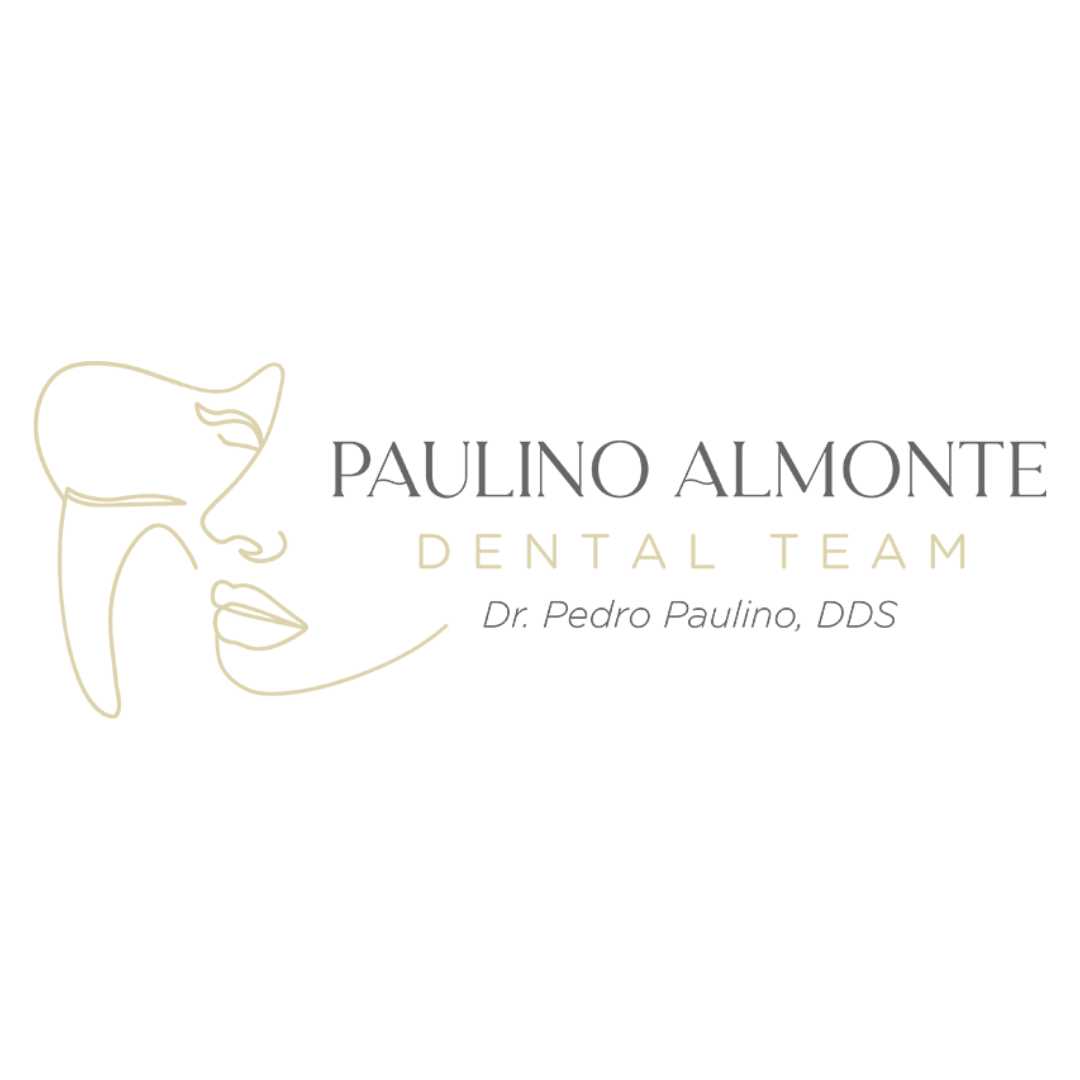
- Name: Charles Manney
- Residence: San Antonio, USA
- Diagnosis: Missing and Damaged Teeth, Possible Bone Loss
- Treatment: All on 6 Dental Implants
- Clinic: Paulino Almonte Dental Team
- Treatment cost: Approx. $8,000 USD
- Facilitator: Alejandro from PlacidWay
"I Wanted a Fresh Start with a Smile That Couldn’t Be Ignored" – A Long Journey with Dental Struggles
Charles Manney, a 63-year-old man from San Antonio, Texas, had always dreamed of having a perfect smile. But years of dental issues, including missing teeth and damage from past dental work, had left him feeling self-conscious and frustrated. At 6 feet tall and 275 lbs, Charles had always been confident in his physical appearance, but when it came to his smile, he felt like it was holding him back.
Charles had tried various fixes over the years, but they were always temporary solutions that never provided lasting results. What he needed was a complete smile restoration that would look natural and give him back the function and aesthetics he desired. He knew it was time to make a change.
"I needed more than just dental work. I wanted a Hollywood smile—something beautiful and functional that I could enjoy for years. I knew it was time for a complete overhaul."
Searching for the Right Solution – "My Teeth Were Holding Me Back"
Charles had already made several trips to local dentists, but the proposed solutions were either too expensive or not the permanent solution he was looking for. His options in the U.S. seemed limited, and he felt the cost of the treatment was out of his reach. Even with dental insurance, the procedures he needed were well beyond his budget.
In his search for more affordable treatment options, Charles came across the idea of traveling abroad for dental care. The idea of dental tourism started to look more appealing, especially when he learned that countries like the Dominican Republic offered high-quality care at a fraction of the cost.
"I started researching dental tourism and realized that I could get the care I needed in the Dominican Republic for a fraction of the price. I knew it was the right time to make a change."
Taking the Leap – "I Was Hesitant, but Ready for a Fresh Start"
While traveling abroad for dental work sounded like the perfect solution, Charles was still a bit nervous. Would the quality of care meet his expectations? Was it safe to get such major work done outside the U.S.? Despite these concerns, Charles knew that he had to take the leap and find a permanent solution to his dental problems.
After much research, he came across Paulino Almonte Dental Team in the Dominican Republic. The clinic had great reviews and offered the All on 6 dental implant procedure in DR that seemed like the perfect fit for Charles. However, he still needed more guidance in navigating the process.
"I was nervous about traveling so far for treatment, but I knew I couldn’t keep putting it off. The more I learned, the more I realized this was the solution I had been searching for."
PlacidWay’s Support – "I Needed a Trusted Partner to Help Me Through the Process"
During his research, Charles came across PlacidWay, a trusted medical tourism facilitator that helps patients connect with reliable clinics abroad. After reaching out to PlacidWay, he was connected with Alejandro, a patient coordinator who provided expert guidance throughout the process.
Alejandro helped Charles understand the details of the All on 6 dental implant procedure and connected him with Dr. Paulino Almonte’s clinic in the Dominican Republic. He was impressed with how attentive Alejandro was to his needs and how thorough the process was explained.
"Alejandro was a huge help throughout the process. He took the time to answer all my questions and made sure I understood every step. It made the whole experience much less stressful."
Preparing for the Journey – "A Little Anxious, but Excited for What’s to Come"
With everything in place, Charles prepared for his journey to the Dominican Republic. Despite his nerves, he felt a sense of excitement knowing he was about to get the smile he had dreamed of for years. With Alejandro’s support and the reassurance that he was choosing a highly regarded clinic, Charles was ready to take the next step toward his new smile.
"I was nervous, but mostly excited. This was my chance to finally get the smile I’ve always wanted. I was ready to begin a new chapter."
Arriving in Santo Domingo – "A Warm Welcome and Professional Care"
Upon arriving at Centro Odontológico Dres. Alcántara Polanco, Charles was immediately impressed with the cleanliness and professionalism of the clinic. The staff was welcoming, and Dr. Almonte took the time to review the treatment plan with Charles in detail. This personalized care made Charles feel at ease and ready to proceed with the All on 6 dental implant procedure.
"The moment I walked into the clinic, I felt comfortable. Dr. Almonte and the team made me feel confident about the procedure. It was exactly what I had hoped for."
All on 6 Procedure – "A Smile That’s Both Beautiful and Functional"
Charles underwent the All on 6 dental implant procedure, and the process went smoothly. The implants were placed securely, and Charles was impressed with how natural the results looked. After the procedure, the clinic provided him with a detailed recovery plan, which helped him feel prepared for the next steps.
"It was amazing to see the transformation. My new teeth looked natural and felt secure. I could already tell that my smile had completely changed."
Recovery and Healing – "A Smooth Process with No Pain"
The recovery process was faster than Charles expected. The clinic provided clear instructions, and with the support of the dental team, Charles was able to recover comfortably. He could feel the difference in his bite and was thrilled with the results, noticing how easy it was to talk and eat with his new teeth.
"The recovery was smooth, and the care was excellent. I couldn’t believe how quickly I adjusted to my new teeth. I could eat, talk, and smile without any pain!"
Returning Home – "Confidence Restored, Ready to Live Life Again"
Upon returning to San Antonio, Charles couldn’t stop smiling. His friends and family immediately noticed the difference, and his confidence was at an all-time high. With his new smile, Charles felt ready to take on the world and enjoy life again without worrying about his teeth.
"I feel like a completely new person. I can’t believe the change. I’m smiling freely and enjoying life more than ever before."
Advice for Anyone Considering Dental Work Abroad – "Take the Leap, It’s Worth It"
Charles’ journey proves that dental work abroad can be a safe, affordable, and life-changing option. His message to anyone hesitant about traveling for dental care is simple: take the leap, and trust the process.
"If you’re thinking about getting dental work abroad, don’t wait. PlacidWay helped me every step of the way, and I couldn’t be happier with my decision."
If you’re ready for your own smile transformation, PlacidWay can help guide you through every step of your dental journey abroad.
Disclaimer: This is a personal story shared to inspire others considering medical tourism. Experiences and results may vary for each individual. Always consult a medical professional before making any health-related decisions.









.png)







Share this listing